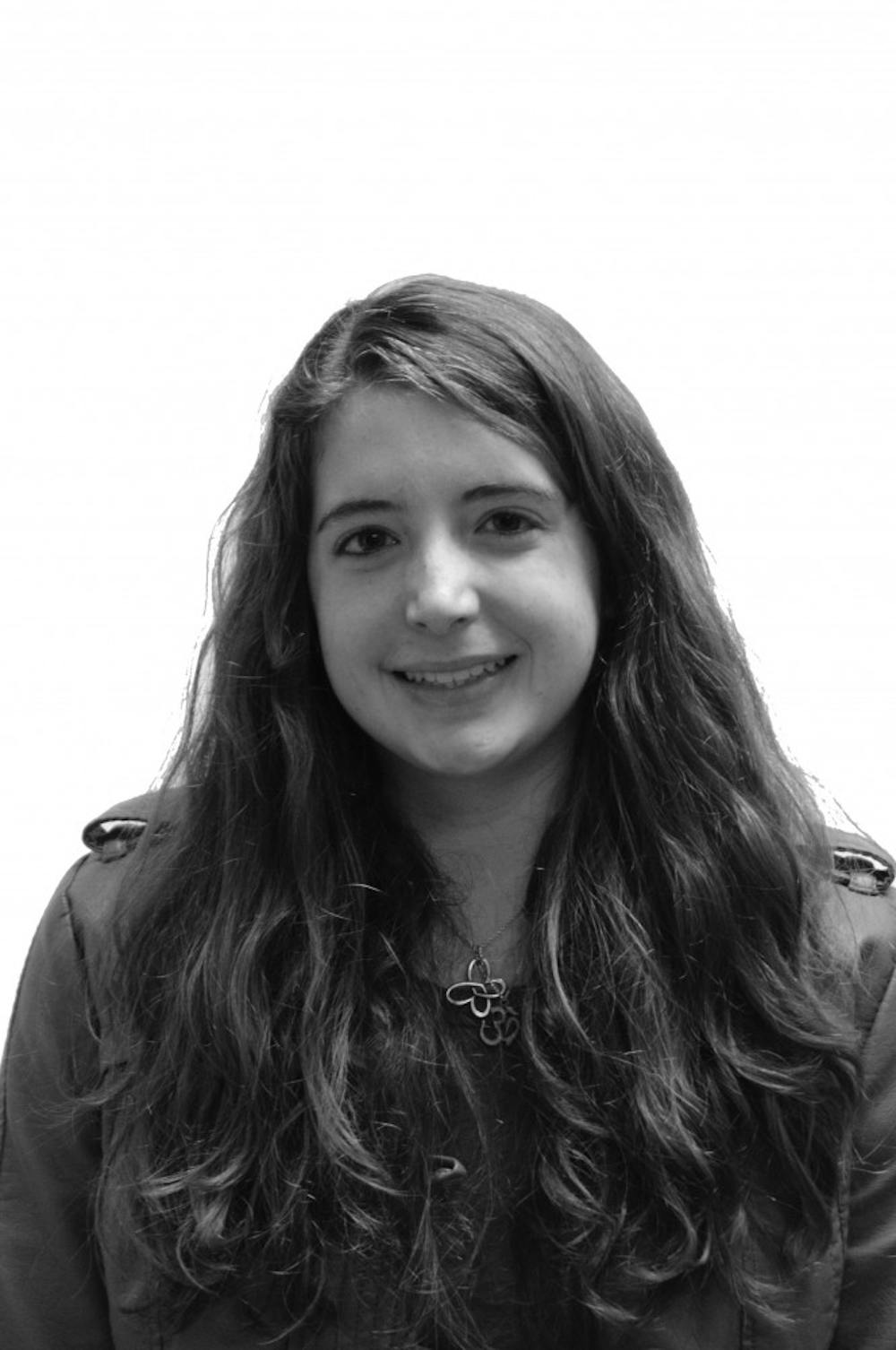Before we even entered college, many advisers told us that if we had the opportunity to study abroad, take it, regardless of when or where it was. We don’t necessarily understand why until we hear the cliches: you’ll gain so much from the experience, you’ll learn about other cultures and the ultimate promise — you’ll find yourself.
Sure, the University offers plenty of opportunities to extend our studies both on campus and within Princeton’s vicinity, as internships and independent research funding allow students to explore beyond the classroom setting and the professor-student dynamic. It even encourages a connection with the world through its course offerings, cultural student organizations and emphasis on a diverse student body. However, the study abroad programs offer a special opportunity to be forced out of our comfort zones and, hopefully, into a better understanding of the world and its peoples.
When I got the chance to study abroad, I imagined how my two summer months as an intern in Cape Town, South Africa would “change my life.” However, halfway through the trip, I realized that the study abroad program wasn’t about the idea of “growing into one’s own” or “discovering one’s self in an exotic land.” (After all, we’re not characters in "Eat, Pray, Love," and it is almost foolish to try to plan exactly when and where we will be inspired.) Rather, I believe the goal of our time abroad should be to gain a bit of knowledge on a culture about which we were previously ignorant. We can only hope that our experiences were authentic enough that the things we learned and the people we met didn’t confirm our previous stereotypes. To me, the successful study abroad trip manages to humble us into not making future assumptions. It manages to make us a little more qualified to dispel any illusions that others might have of the countries we visited.
During my trip, a shopkeeper whose clientele mainly consisted of tourists told me that any immersion experience, whether it be for two months or an entire semester, would never be long enough to make us “one of the locals.” Until we, as visitors, could accept that, we would never be open to having a truly authentic experience. While that could be disheartening to hear, it is a truth of being a study-abroad student. Our few months cannot make us experts, just people who were fortunate enough to have been acquainted with a new country and its cultures.
A backpacker who had been working his way through Africa to pay for his travels brought up the fact that most college interns still get taken care of by their universities, even while they’re abroad. Whether it’s keeping track of our living situation or paying for a percentage of our expenses beforehand, the University offers security. This security, when compared with the visiting backpackers, signifies that we aren’t exactly “roughing it.” While it’s extremely comforting to know that it isn’t just our families checking in on us to make sure we’re safe, the careful guidance of the university means that we’re not independent travelers experiencing a trip that is entirely separate from home.
Furthermore, many internships and study abroad programs send off a group of Princeton students to live, and perhaps even work, alongside each other within the same program. The premise of having a miniature version of Princeton as a study abroad program is lovely because it fosters a deep bond within a group of students with similar interests; however, it’s an aspect of the experience that participants should consider before accepting the offer to go abroad. After all, for some students, being alone in an unfamiliar country is what really takes them out of their comfort zones. This might not be achieved if you have the option of recoiling back to a support system. If you go with a group of Princeton students, you’ll seek out their familiar company because, even if you all come from different backgrounds, you will share experiences that are relatively consistent for everyone in the group. In some ways, this is great because you won’t be scrounging for meal dates with people you barely know, but you might also miss out on that chance to have a conversation on a subject that no one ever brought up before or engage in an activity that isn’t listed as a must-see on some tourist website.
Michael Chang ’16 got the opportunity to experience the best of both during his internship in Bermuda. When his fellow Princeton students were with him, they got meals and went sightseeing together — like a “Princeton clique” that curbed the nostalgia for home. But it wasn’t until this Princeton microcosm returned to the States that he really got a chance to feel “integrated” within Bermuda, from investing more time in his research to bonding with non-Princeton people from his lab. It is from not having a “go-to group of people” that we force ourselves to make connections outside of our comfort zones — a valuable part of understanding our world.
Isabella Gomes is a sophomore from Irvine, Calif. She can be reached at igomes@princeton.edu.








